Discover the promising future prospects, including careers in railway technology, telecommunications, and transportation systems, offering innovation and growth opportunities.
Exploring the Future Scope and Benefits of B.Tech Rail Systems and Communication Engineering
Rail systems and communication engineering is a specialized field that focuses on the design, development, and maintenance of advanced communication and control systems for railway networks. A Bachelor of Technology (B.Tech) degree in Rail Systems and Communication Engineering equips students with the skills and knowledge necessary to contribute to the advancement and sustainability of railway systems. In this article, we will delve into the future scope and benefits of pursuing a B.Tech in Rail Systems and Communication Engineering.
Future Scope of B.Tech in Rail Systems and Communication Engineering
1. Rising Demand for Rail Transport: Rail transport is gaining renewed attention globally due to its efficiency, reduced environmental impact, and potential for high-speed connectivity. As governments and industries seek more sustainable transportation solutions, the demand for rail systems and communication engineers is on the rise.
2. Technological Advancements: The railway industry is undergoing a technological transformation. High-speed rail, automated trains, signalling systems, and intelligent communication networks are becoming integral to modern rail systems. Graduates in this field will be at the forefront of designing and implementing these advanced technologies.
3. Safety and Security: Ensuring the safety and security of railway systems is paramount. Future rail systems will require sophisticated communication and control systems to manage operations and respond to emergencies. Rail systems and communication engineers will be responsible for developing and maintaining these critical systems.
4. Intermodal Transportation: Rail transport is increasingly integrated with other modes of transportation, such as buses, trams, and metro systems. This integration demands seamless communication and coordination, offering opportunities for specialization and innovation in rail systems and communication engineering.
5. High-Speed Rail Expansion: Many countries are investing in high-speed rail networks to enhance connectivity and reduce travel times between cities. This trend opens up exciting career prospects for engineers specializing in rail systems and communication, as high-speed rail systems require cutting-edge technology and infrastructure.
6. Global Opportunities: Rail systems and communication engineers are in demand not only within their home countries but also internationally. Countries with expanding rail networks often seek expertise from experienced professionals to aid in the development and maintenance of their rail systems.
Benefits of Pursuing a B.Tech in Rail Systems and Communication Engineering
1. High Demand and Competitive Salaries: The specialized knowledge and skills gained through a B.Tech in Rail Systems and Communication Engineering make graduates highly sought after in the railway industry. This translates into competitive salaries and excellent job opportunities.
2. Technological Advancement: Graduates in this field have the chance to work on cutting-edge technology projects, including developing and implementing high-speed rail systems, signaling systems, and communication networks that drive the future of rail transportation.
3. Safety and Reliability: Rail systems play a critical role in ensuring the safety and reliability of transportation networks. Engineers in this field contribute to systems that have a direct impact on public safety and the efficient movement of goods and people.
4. Environmental Impact: Rail transport is considered a more environmentally friendly mode of transportation compared to road or air travel. Graduates can take pride in contributing to sustainable and eco-friendly transportation solutions.
5. Job Versatility: The skills acquired in rail systems and communication engineering can be applied in various sectors, including rail companies, government agencies, consulting firms, and research institutions. This versatility offers graduates a wide range of career options.
6. Global Connectivity: Working on international rail projects can provide an enriching experience and the opportunity to work with diverse teams and cultures, fostering global perspectives and networking opportunities.
7. Stability and Job Security: The demand for rail transport and communication engineers is expected to remain stable, providing job security and long-term career prospects.
8. Continuous Learning: The railway industry constantly evolves with new technologies and safety regulations. Engineers in this field have opportunities for continuous learning and professional development throughout their careers.
 4 Years
4 Years
 Under Graduate
Under Graduate
 Engineering
Engineering
 Full Time
Full Time
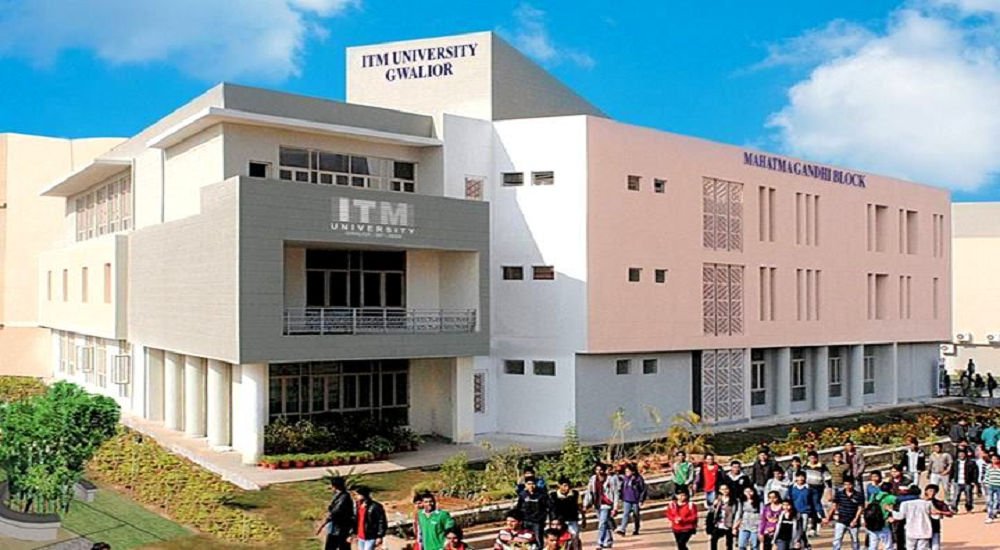
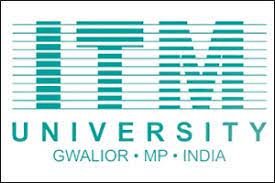
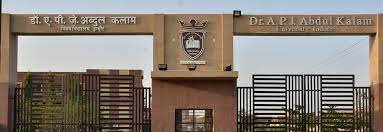
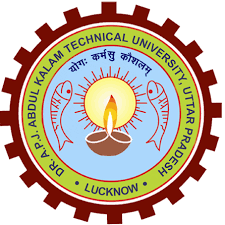

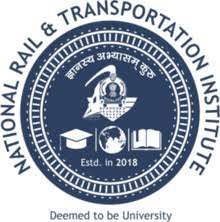
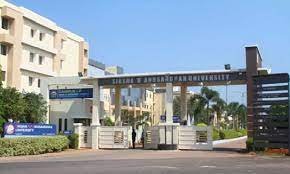
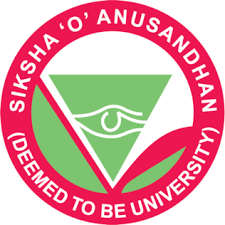

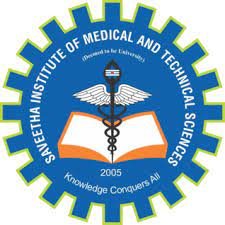
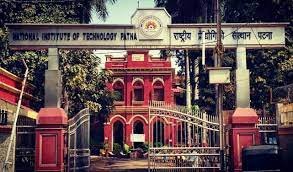
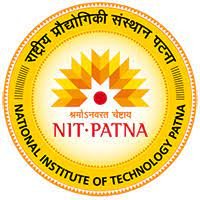
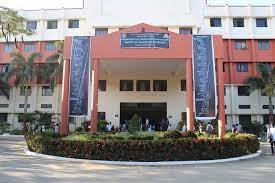


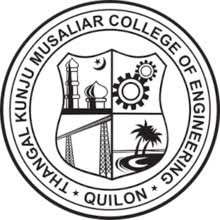

 back
back